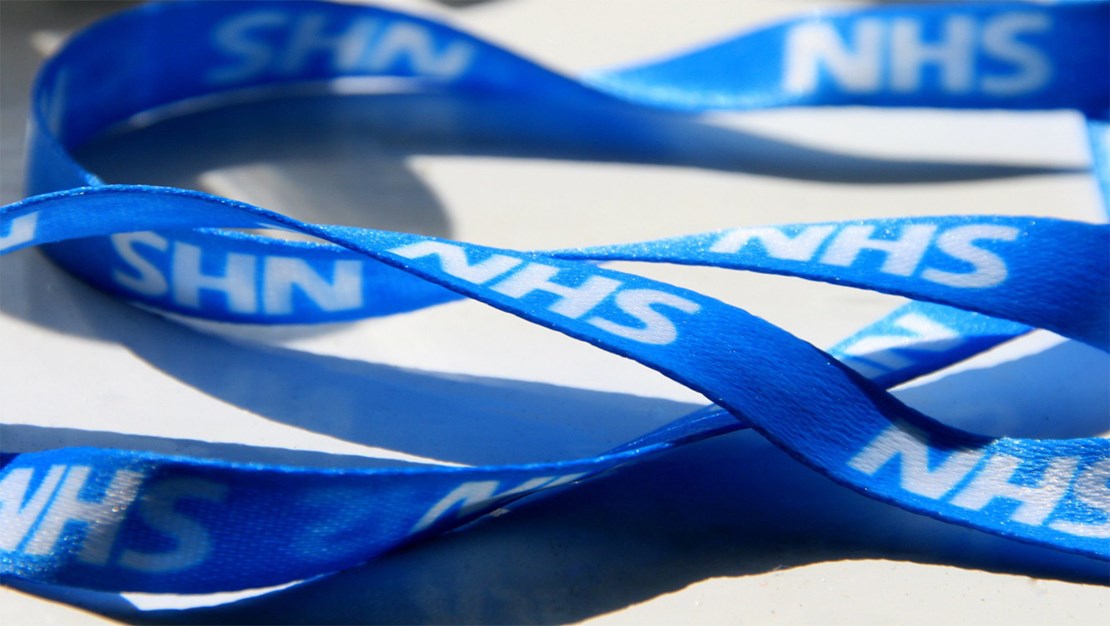Aaron Atkinson, Associate Director of Business Intelligence at Arden & GEM, shares how he first got into analytics, the importance of putting people first and how to connect the dots in this latest Q&A in our BI Careers series.

How did you get into working in business intelligence?
I grew up in an inner-city town on the edge of Manchester that suffered from quite a lot of crime (IMD decile 1 for those interested!) and went to a school where roughly 16% of kids came out with 5 GCSEs. At college I discovered I quite liked tech and IT (this was 1996, so I'm talking about browsing the internet on dialup through Netscape) and I pursued a Business/IT degree at the University of Salford. To be honest, I still use a good chunk of that knowledge now, 22 years later.
“As was the case for 99.9% of lads in Manchester, we either wanted to be a footballer or in a band, so of course I opted for a career in IT and subsequently analytics.”
What does your current role involve?
In one sentence, "helping people to solve problems". I'm wholly and completely motivated by problem solving real issues for the NHS to actually help change things for real people. I started work in the private sector, and solving problems related to 'Instant Access Savings Accounts' is just a lot less rewarding than helping GPs find people who would benefit from some proactive help and support.
What makes you proud to do your job?
Being in the NHS and working with compassionate, empathetic and brilliant people. This will sound corny, but it genuinely is a badge of honour and I'm particularly proud to have played a small part in helping to navigate through the early stages of COVID.
“I have no idea what I want to do next and I’m ok with that. My yard stick for success is how much I enjoy what I do. So next for me is to continue to enjoy what I do.”
What’s your top tip for someone looking to pursue a career in business intelligence?
I can only talk about my experience, but there are two big things for me. Firstly, people – put people first and the rest will follow. You can learn the techy skills but to be able to talk to people and empathise with someone is so important. Secondly, connect the dots. Look beyond your bit of the world and think about the entirety of what we do. A simple example; if someone asks about A&E, think about A&E... and then flow through the hospital, delays in discharges, the impact on elective care, the subsequent delays in care home beds, the opportunity to prevent someone from coming to A&E, the availability of capacity in primary care to deal with increasing demand, the context that people live in, the impact of cost of living increases on health etc etc etc. Keep connecting the dots!
We are always looking for passionate, talented people who can bring new ideas and new ways of working. Find out more about our latest job vacancies here.
